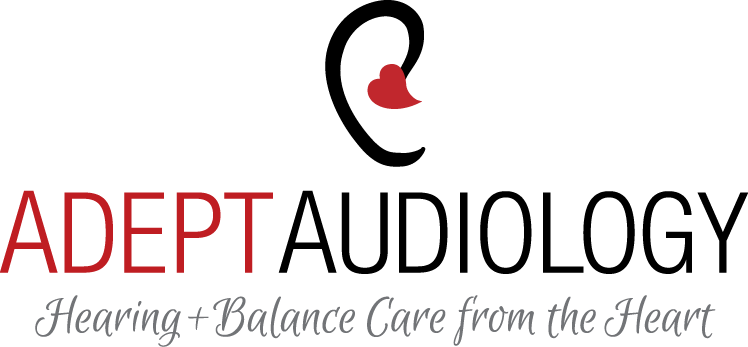Hearing health is essential for maintaining a high quality of life. However, choosing the right care can be challenging. Many find themselves deciding between private hearing care and third-party insurance. Each option has its unique advantages and drawbacks.
Personalized Care and Attention
Private hearing care offers a significant advantage in personalization. Patients often receive more individual attention when seeing a private practitioner. These practitioners can focus entirely on one’s specific needs. They can take the time necessary to answer questions, address concerns, and tailor the treatment accordingly.
Third-party insurance providers, on the other hand, often work with multiple patients at once. This can lead to less personalized service. Due to high patient volumes, some people may feel like they are just another number. This contrast highlights the personal touch that private care offers in comparison.
Access to Advanced Technology
Private hearing care professionals typically have access to the latest and most advanced hearing aid technologies. They can offer a wide range of products, ensuring that each patient finds the perfect fit. With continuous advancements in hearing aid technology, private practitioners are often the first to offer the newest devices.
In contrast, third-party insurance plans may limit the selection of hearing aids. Insurance companies often contract with specific manufacturers, which can restrict the choices available. Patients might not always have access to the most up-to-date technology, which can affect their overall hearing experience.
Faster Service and Convenience
When it comes to timing, private hearing care shines. Appointments are usually more flexible and can often be scheduled quickly. Patients do not have to wait long for check-ups, fittings, or follow-up visits. This timeliness is important for those who have urgent needs or busy schedules.
Insurance-based services meanwhile often involve longer wait times. Getting approval for treatments or devices can be slow and cumbersome. Also, scheduling appointments through insurance networks may require patience, as availability might be limited.
Comprehensive and Continued Support
A vital part of hearing care is the follow-up service and continued support. Private hearing care professionals are dedicated to ensuring the long-term success of their patients. They offer regular check-ups, ongoing adjustments, and immediate attention to any issues that arise. This level of ongoing support helps maintain the effectiveness of hearing aids and address any emerging concerns promptly.
Third-party insurance might not provide the same level of follow-up care. Patients may have to navigate through complex processes to get the support they need. Additionally, insurance limitations can mean fewer visits or restricted access to follow-up services, which can be frustrating.
Transparency in Costs
While private hearing care can be more expensive upfront, it often provides clear and transparent pricing. Patients know exactly what they are paying for and what services are included. This clarity helps them make informed decisions about their care and budget for their needs.
With third-party insurance, costs can sometimes be hidden or come with unexpected fees. Deductibles, co-pays, and out-of-network charges can all add to the overall expense. Insurance limitations on certain services can lead to unpredictable costs, making it harder to plan financially.
Building Long-Term Relationships
Private hearing care professionals often build long-term relationships with their patients. This relationship can lead to better care, as the provider understands the patient’s unique history and needs. Consistent care from a familiar professional can enhance trust and communication, leading to more effective treatment.
Insurance-based services may not facilitate this kind of relationship. Changing providers due to network restrictions or other factors can disrupt continuity of care. Building trust and a comprehensive understanding of a patient’s hearing health can be more challenging in such scenarios.
Tailored Lifestyle Solutions
Private hearing care professionals have the time and resources to tailor solutions to fit a patient’s lifestyle. They can recommend specific hearing aids, accessories, and strategies that align with daily activities, work environments, and personal preferences.
Insurance-held solutions may be more generic, with less consideration for individual lifestyles. This one-size-fits-all approach can result in hearing aids that do not meet all the patient’s needs, impacting one’s overall satisfaction.
Conclusion
Choosing between private hearing care and third-party insurance involves weighing various factors. Private hearing care offers significant benefits, including personalized care, access to advanced technology, faster service, comprehensive support, cost transparency, long-term relationships, and lifestyle-tailored solutions. While third-party insurance can offer some financial support, its limitations can sometimes outweigh the benefits. Making an informed choice ensures that the best possible hearing health is achieved.

